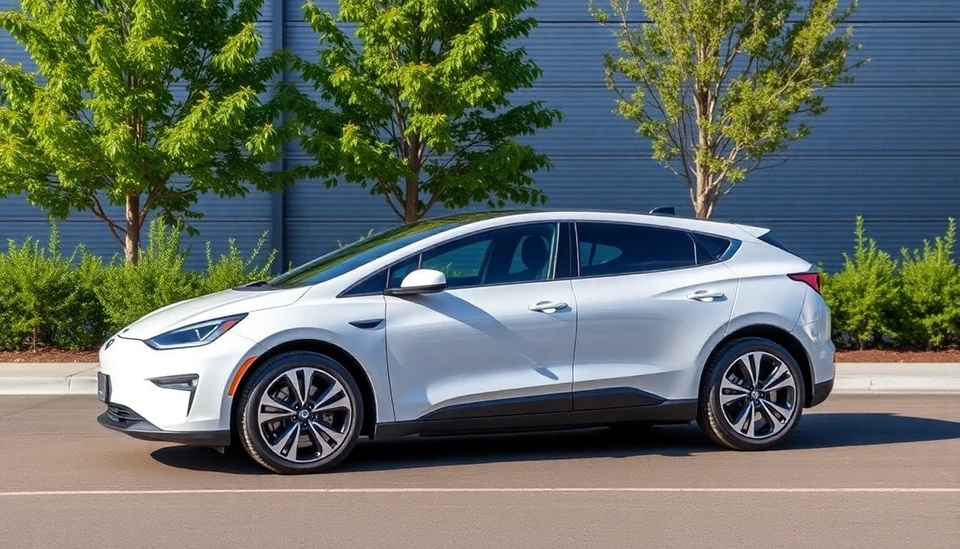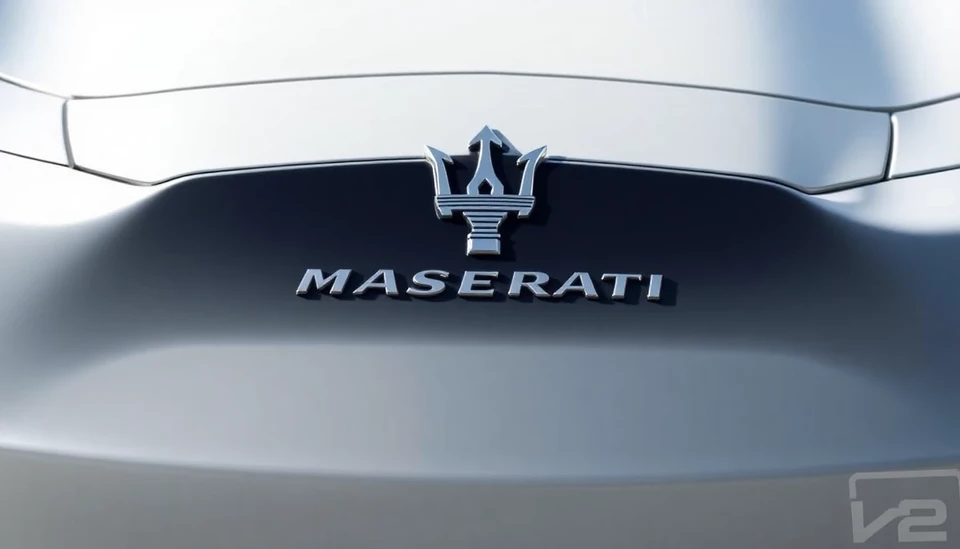
Stellantis, the multinational automotive manufacturing corporation, has announced plans to initiate a significant road test of its electric vehicle (EV) fleet equipped with cutting-edge solid-state batteries. This development marks a pivotal step in the company's strategy to enhance its electric transportation options and align with global sustainability goals.
The new testing phase, which is expected to start in the coming months, aims to evaluate the performance, durability, and overall capabilities of solid-state batteries compared to traditional lithium-ion technology. With solid-state batteries poised to deliver higher energy density, improved safety, and faster charging times, this initiative could potentially transform Stellantis's lineup of electric vehicles.
According to industry experts, solid-state technology represents the next frontier for EV batteries, as they utilize a solid electrolyte instead of a liquid one, significantly reducing the risk of flammability and providing longer battery life. Stellantis’s strategic shift towards solid-state battery technology signals a commitment to pushing the envelope in electric vehicle innovation and sustainability.
The company will undertake extensive field testing across various environments to simulate real-world driving conditions. This includes everything from urban settings to remote countryside roads, ensuring that the vehicles can withstand diverse challenges while maintaining efficiency and performance. Stellantis plans to deploy a fleet that includes a range of models to comprehensively assess how solid-state batteries respond across its vehicle offerings.
Stellantis's investment in solid-state technology is part of a broader initiative within the automotive industry to transition to cleaner, more sustainable energy sources. With increasing pressure from regulators and consumers alike to reduce carbon footprints, automakers are racing to develop next-generation batteries that provide longer ranges and shorter charging times.
The results of this fleet testing could have far-reaching implications for the EV market, influencing the direction of future vehicle development and sustainability practices. If successful, Stellantis could emerge as a key player in the solid-state battery space, positioning itself favorably against competitors who are also exploring similar technologies.
As part of its commitment to innovation, Stellantis is likely to collaborate with research institutions and battery manufacturers to refine and further develop its solid-state offerings. This collaboration will be essential as the company seeks to overcome existing barriers related to production scalability and cost-effectiveness while ensuring the safety and reliability of the new technology.
In conclusion, Stellantis's venture into solid-state battery technology represents a significant turning point for the company and the automotive industry as a whole. The outcome of the upcoming road tests may redefine consumer expectations for electric vehicles and impact the broader landscape of vehicle electrification.
Industry watchers and EV enthusiasts alike will be eagerly anticipating the results of Stellantis's solid-state battery tests, as they have the potential to set new benchmarks for performance and safety in electric vehicles.
#Stellantis #ElectricVehicles #SolidStateBatteries #Sustainability #Innovation #EVTesting #AutomotiveIndustry
Author: Samuel Brooks




